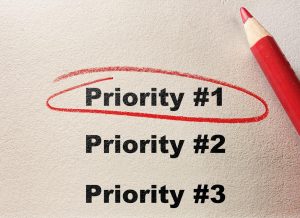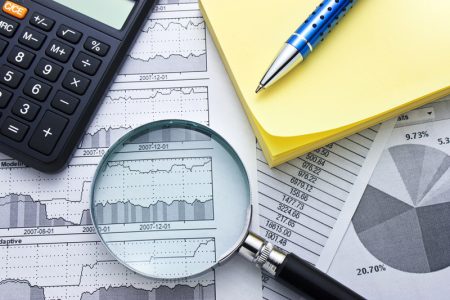Eurozone inflation slowed to a 13-month low in March but underlying price pressures intensified, highlighting the dilemma for the European Central Bank over the pace and size of further interest-rate increases.
The consumer price index–which measures what consumers pay for goods and services–increased 6.9% in March on year, easing from an 8.5% rise in February, preliminary data from the European Union’s statistics agency Eurostat showed Friday. This marks the lowest inflation rate since February 2022.
The reading is below the 7.1% consensus forecast from economists in a poll by The Wall Street Journal.
Inflation eased in March due to falling energy prices, which declined 0.9% in March on year compared with a 13.7% on-year rise in February, the data showed. Gas, electricity and fuel prices for eurozone consumers surged in March 2022 after Russia’s invasion of Ukraine and are broadly normalizing.
However, there were little signs of cooling inflation beyond energy price falls. Food, alcohol and tobacco prices rose 15.4% in March compared with the same month a year earlier, accelerating slightly from February’s 15.0% increase. Services inflation also quickened, to 5% from 4.8% a month earlier.
Read the full article here













